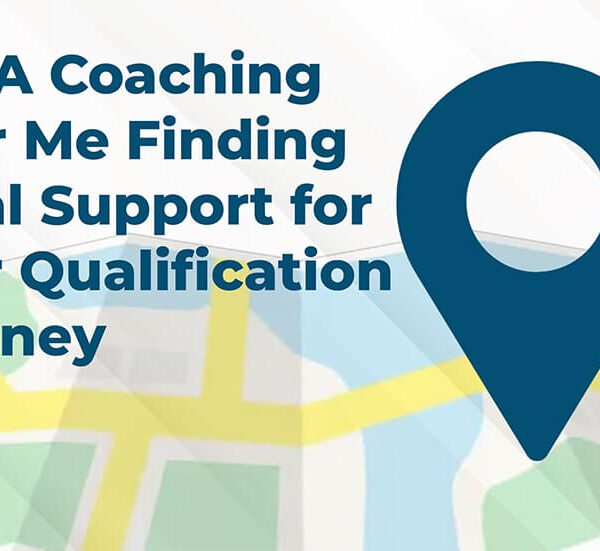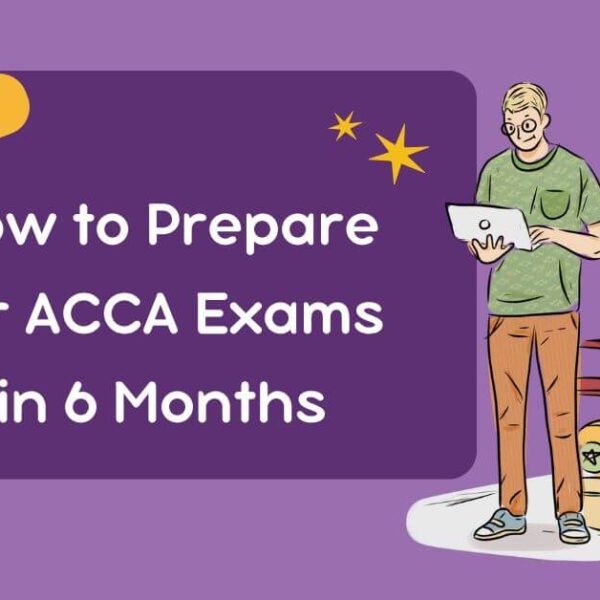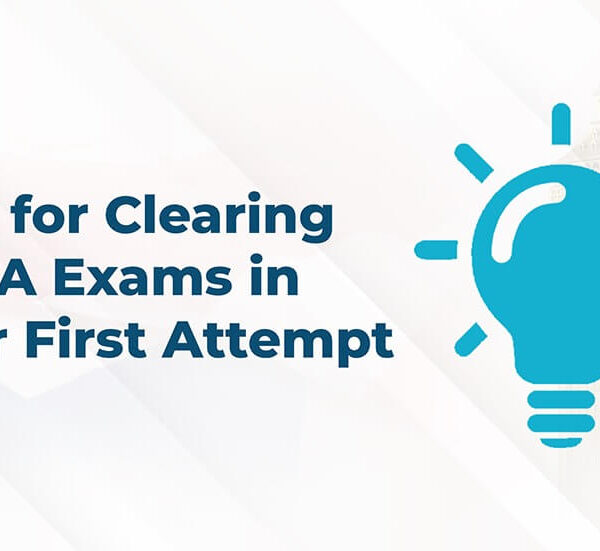The journey from ACCA student to qualified professional in Ireland opens doors to diverse opportunities across the country’s vibrant financial landscape. Understanding this career pathway, with its key milestones and rewards, provides a valuable perspective for those contemplating or currently pursuing this qualification.
Entry Routes into ACCA in Ireland
The ACCA qualification welcomes candidates from various educational backgrounds:
University Graduates
Many individuals begin their careers after completing degrees in accounting or business, often benefiting from examination exemptions that can reduce the qualification timeline by one to two years.
School Leavers
For those entering directly from secondary education, the ACCA Foundations in Accountancy provides a structured entry path to the full programme.
Career Changers
Professionals transitioning from other sectors bring valuable transferable skills, though they typically need to complete the full examination programme without exemptions.
Early Career: Balancing Work and Studies
The formative stage typically involves juggling professional responsibilities with examination preparation:
Trainee Roles
Many Irish students begin their careers as trainee accountants while studying for early ACCA papers. These roles provide essential practical experience while offering exposure to fundamental accounting processes.
Common entry-level positions include:
- Accounts assistant
- Junior financial analyst
- Audit junior
- Bookkeeper
Starting salaries typically range from €24,000 to €32,000, depending on location and sector.
Study Approaches
Irish ACCA students generally adopt one of three study models:
- Full-time study: Dedicating 9-12 months to intensive examination preparation
- Part-time study alongside full-time work: The most common approach
- Employer-sponsored programmes: Structured training contracts that integrate work with study periods
This early phase focuses on developing core technical skills and typically requires 2-3 years, encompassing the Applied Knowledge and early Applied Skills examination levels.
Mid-Journey: Specialisation and Increasing Responsibility
As Irish ACCA students progress through the Applied Skills papers and accumulate experience, their career options expand significantly:
Progressive Roles
With several examinations completed and 2-3 years of experience, candidates typically advance to positions with greater responsibility:
- Financial accountant
- Management accountant
- Tax associate
- Audit senior
At this stage, salaries typically range from €35,000 to €50,000 per year.
Emerging Specialisations
The mid-journey phase often reveals natural aptitudes and interests that shape subsequent career directions:
- Audit and assurance
- Financial reporting
- Taxation
- Corporate finance
- Public sector finance
Beyond technical expertise, this stage emphasises developing leadership capabilities such as team management, client relationships, and business partnering skills.
Approaching Qualification: Strategic Career Positioning
The final stage involves completing the Strategic Professional level examinations while accumulating the requisite practical experience:
Senior Pre-Qualification Roles
With most examinations completed and 4-5 years of experience, candidates typically occupy positions such as:
- Assistant manager
- Senior financial accountant
- Tax manager
- Audit supervisor
These roles command salaries ranging from €45,000 to €65,000.
Practical Experience Requirements
The ACCA qualification requires 36 months of relevant experience across specific performance objectives. In Ireland, this experience typically encompasses financial accounting, management accounting, taxation, and leadership components.
Post-Qualification: Career Acceleration
Achieving ACCA membership represents a threshold to accelerated career development:
Immediate Opportunities
Newly qualified ACCA members in Ireland typically experience:
- Salary increases of 15-25%
- Promotion to manager or specialist roles
- Enhanced internal mobility options
- Increased external recruitment interest
First roles after qualification commonly include:
- Finance manager
- Audit manager
- Tax manager
- Financial controller (for smaller organisations)
These positions typically offer salaries ranging from €55,000 to €75,000.
Career Pathways in Ireland’s Financial Landscape
The Irish financial sector offers several distinctive career trajectories:
Public Practice
Ireland hosts operations for all major accounting firms alongside strong indigenous practices, with progression from manager to potential partnership.
Corporate Sector
Ireland’s status as the European headquarters for numerous multinationals creates opportunities, ranging from Finance Manager to potential CFO roles.
Financial Services
Dublin’s position as a financial services hub offers specialised paths in fund accounting, compliance, risk management, and treasury.
Public Sector
Ireland’s public institutions value the ACCA qualification for roles in internal audit, procurement, and policy advisory positions.
Building Long-Term Career Value
The ACCA qualification offers strategic advantages for long-term career development:
International Mobility
The global recognition creates pathways between Ireland and international markets, allowing professionals to gain experience in global financial centres or with multinational corporations.
Entrepreneurial Opportunities
The ACCA qualification provides a foundation for entrepreneurial ventures such as independent accounting practices or specialised consulting services.
Sector Flexibility
The breadth of the ACCA syllabus facilitates movement between different industries, creating resilience throughout economic cycles.
The Irish ACCA Community
Beyond individual career paths, members benefit from participation in a vibrant professional community:
- Knowledge development through technical updates
- Connection with peers across sectors
- Visibility to potential employers and clients
- Mentorship opportunities for career guidance
- Thought leadership through professional publications and events
Conclusion: The Enduring Value
For Irish professionals, the path from ACCA student to qualified member represents a transformative journey that shapes technical capabilities, professional identity, and career prospects.
While demanding significant commitment, the qualification delivers exceptional returns through enhanced earning potential, career flexibility, and professional credibility. In Ireland’s sophisticated, internationally connected economy, these benefits create pathways to rewarding roles across diverse sectors.
By understanding the typical career progression, aspiring professionals can navigate their journeys more effectively, making strategic choices that align their developing capabilities with Ireland’s evolving financial landscape.








